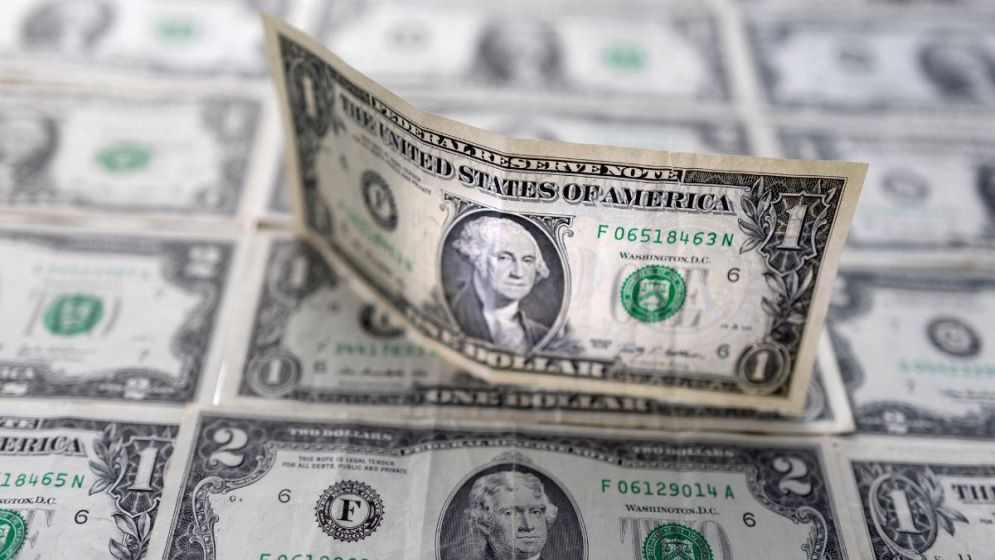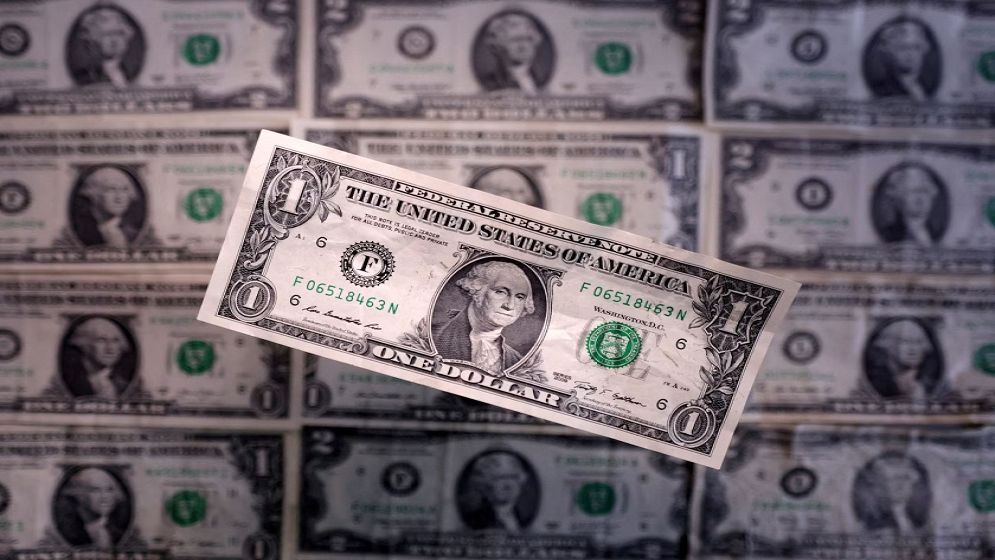
5 ways soybean imports benefit Bangladesh amid US-China trade war

Bangla Press Desk: Bangladesh is cashing in on the US-China trade war, with local importers snapping up cheap American soybeans left piling up after China, once the top buyer of US soy products, slashed purchases sharply since President Donald Trump imposed high reciprocal tariffs on Chinese goods this year.How is Bangladesh gaining? Here are the major factors that industry executives cite:China's gradual shift to other markets
China was the biggest buyer of US soybeans. Last year, it bought more than $12 billion worth of US soybeans. This year, the country has not purchased a single dollar's worth, cutting off a market that makes up about half of US soybean exports, according to a report by The Guardian.China Daily in a report said China has been trying to develop alternative sources since the first term of Trump when he launched the trade war against China in 2018. It purchased between one-quarter and a third of all US soybean production earlier.After the US administration slapped an additional 30 percent tariff on Chinese goods, the Asian country imposed a 20 percent retaliatory tariff on US soybeans. This has increased the cost of importing US soybeans into China, causing the beans to pile up in America.
Cheaper imports ease costs for industry
With Chinese soybean buyers absent from the US market, American farmers are selling at lower prices. "Sometimes the price gap is $40 per tonne between Brazilian and US soy seeds," said Md Taslim Shahriar, deputy general manager of Meghna Group of Industries (MGI).For crushers and feed makers in Bangladesh, that translates into significant savings.
Shift away from Latin America
Bangladesh's seed-crushing mills, which earlier depended heavily on Brazil and Argentina for soybeans, are now shifting sources. But with Chinese demand pushing up prices of soybeans in these Latin American countries, importers are pivoting.
"This year, 80 percent of our soy seeds may come from the US because of the price advantage," Shahriar said.
Better quality seeds for processors
Beyond price, quality matters. "The quality of US soybean seeds is far better than the Brazilian and Argentine varieties," said Amirul Haque, managing director of Delta Agrofood.
Higher oil content and consistency mean better yields for edible oil and poultry feed producers.
Narrowing trade deficit with Washington
Bangladesh exports over $8.2 billion to the US annually, while imports stand at just $2 billion. Higher soybean purchases could help narrow this gap, aligning with Washington's push to rebalance trade.
The South Asian country bought over 726,000 tonnes of soybeans worth $350 million in 2024 from the US. Imports of US soybeans increased by 16 percent in the last 10 years, according to the US Department of Agriculture.
Bangladesh imported 400,000 tonnes in August–September, double that of the previous two months, according to Khabibur Rahman of the US Soybean Export Council.
In September alone, 87 percent of imports came from the US. That surge ensures a steady supply for local industries.
BP/TD
YOU MAY ALSO LIKE






